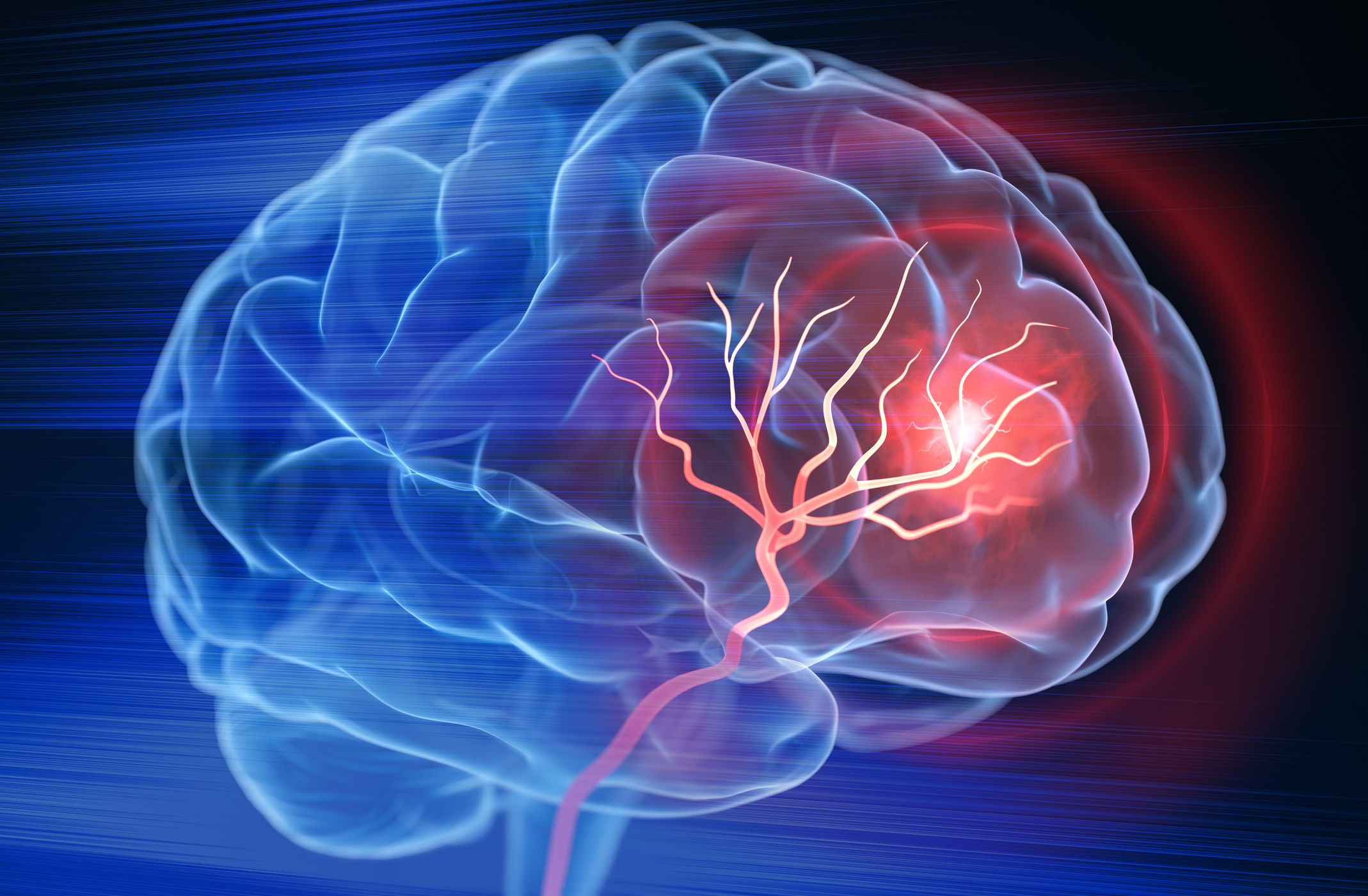The incidence of stroke is more common than many people realize, and new data shows that nearly a million Canadians are living with ongoing issues after experiencing a stroke. The report also suggests that women often fare worse than men, and have lasting symptoms, including serious mental health concerns, that affect their long-term quality of life.
According to a recent CBC News Health report, studies show 20 to 70 percent of women who experience a stroke are more likely to suffer anxiety or depression during their recovery. The daily struggles to complete simple tasks can be emotionally overwhelming – and women who have higher rates of mood and anxiety disorders can be at higher risk for developing depression after a stroke.
A stroke can occur when blood flow is stopped to any part of the brain, damaging or killing brain cells that can cause brain damage leading to disability or death. Women, who are often the primary caregivers for their families, may suffer worse emotional outcomes following a stroke – especially if they lack the time and support to access proper follow-up care. Women are also more likely to outlive their spouse or have a spouse who is older than they are and less able to help in recovery.
Post-menopausal women and pregnant women are at three times higher risk for having a stroke, according to the Heart and Stroke Foundation. Yet women who are juggling work with caring for young children, aging parents, or a spouse, may put their own health concerns on the back burner. The new research also shows women are less likely to regain independence and report a worse quality of life than men following a stroke.
The research highlights the importance of creating a multi-disciplinary approach to stroke follow-up care for both men and women that includes physical as well as mental health recovery. Learn more about how to access support and treatment in recovery following a stroke by following this link to the Canadian Heart & Stroke website.






Add Your Voice
0 Comments
Join the Discussion